I am trying to write a Django Rest Framework API handler that can receive a file as well as a JSON payload. I've set the MultiPartParser as the handler parser.
However, it seems I cannot do both. If I send the payload with the file as a multi part request, the JSON payload is available in a mangled manner in the request.data (first text part until the first colon as the key, the rest is the data). I can send the parameters in standard form parameters just fine - but the rest of my API accepts JSON payloads and I wanted to be consistent. The request.body cannot be read as it raises *** RawPostDataException: You cannot access body after reading from request's data stream
For example, a file and this payload in the request body:
{"title":"Document Title", "description":"Doc Description"}
Becomes:
<QueryDict: {u'fileUpload': [<InMemoryUploadedFile: 20150504_115355.jpg (image/jpeg)>, <InMemoryUploadedFile: Front end lead.doc (application/msword)>], u'{%22title%22': [u'"Document Title", "description":"Doc Description"}']}>
Is there a way to do this? Can I eat my cake, keep it and not gain any weight?
Edit: It was suggested that this might be a copy of Django REST Framework upload image: "The submitted data was not a file". It is not. The upload and request is done in multipart, and keep in mind the file and upload of it is fine. I can even complete the request with standard form variables. But I want to see if I can get a JSON payload in there instead.
